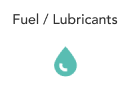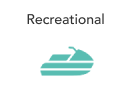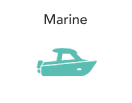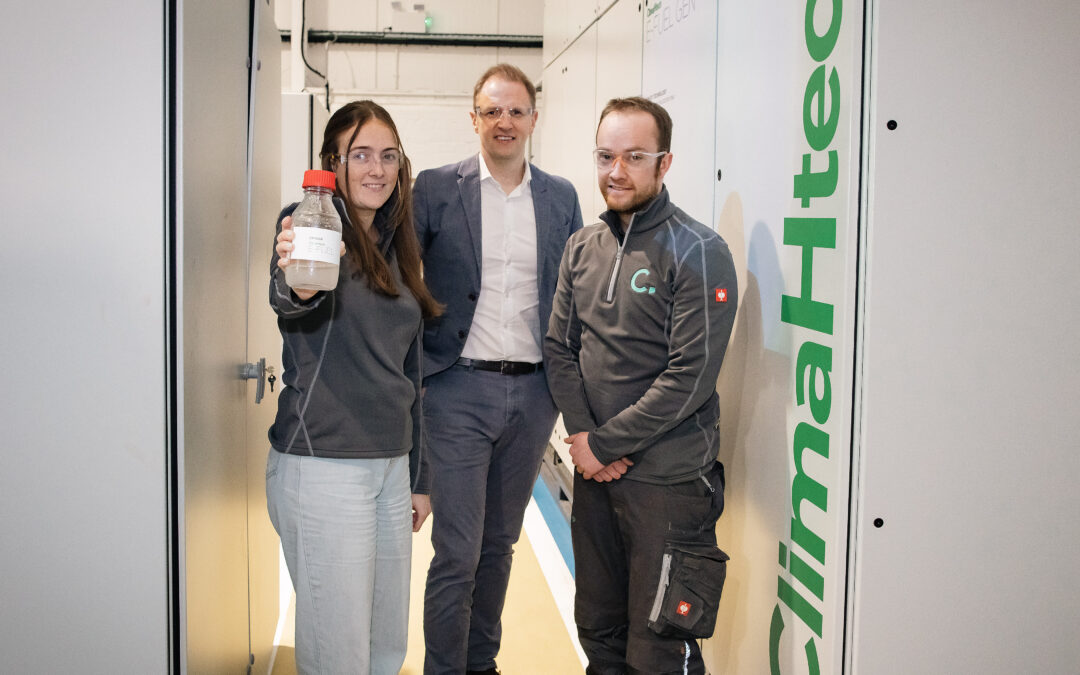ESB today welcomes the outcome of Crown Estate Scotland’s latest seabed leasing process which has resulted in the offer of exclusive development rights to ESB for a 100MW floating wind project in Scottish waters off the north coast of Northern Ireland. The successful project, Malin Sea Wind, is a collaborative bid between ESB and leading technology developers Dublin Offshore Consultants and Belfast-based CATAGEN. The outcome underscores ESB’s growing capabilities and expanding presence in the offshore wind industry.
The Innovation and Targeted Oil and Gas (INTOG) seabed leasing process, run by Crown Estate Scotland, aims to drive cost reduction in the offshore wind sector by enabling the deployment of new and innovative technologies, and to harness wind energy to decarbonize the oil and gas sector. Malin Sea Wind aims to support the reduction of floating offshore wind costs by demonstrating Dublin Offshore’s patented load-reduction technology. Furthermore, the project will support decarbonisation of the aviation sector by powering sustainable aviation fuel (SAF) production technology currently under development by net-zero technology specialists, CATAGEN.
Paul Lennon, Head of Offshore Wind and Hydrogen at ESB , welcomed the result:
“Floating offshore wind has the potential to revolutionise our energy landscape and overcoming the technological challenges will be key to unlocking that potential. Malin Sea Wind represents an important stepping-stone towards commercial-scale deployment of floating wind and the development of new routes to market for renewable energy. ESB is excited to collaborate with our technology partners on this pioneering project as we continue on our journey to Net-Zero”.
Andrew Woods, Chief Executive, CATAGEN, said:
“Our purpose at CATAGEN is to clean and decarbonise the air in the fight against climate change and enable industries and governments to meet their net zero goals. CATAGEN are excited to work with our partners ESB and Dublin Offshore on this landmark project that will showcase renewable energy pathways for mobility, industry and the consumer such as renewable hydrogen, e-fuels production and complementary technologies such as novel compressors. Deployment of these technologies will provide much needed energy security and low carbon transport solutions and will also drive investment in the region.”
Dr Tom Doyle, Director at Dublin Offshore Consultants, said:
“Dublin Offshore welcome the opportunity to work with ESB and CATAGEN to deliver the Malin Sea Wind project and to play our part in delivering robust and innovative mooring systems for the floating wind industry. Our project partners ESB recognize the value of our Load Reduction Device in delivering mooring cost and risk reduction and enabling commercial scale deployment of floating offshore wind.”
The project team will work over the coming months to complete key environmental and technical analysis as well as engaging with the local supply chain and stakeholders. Subject to the outcome of the INTOG Sectoral Marine Plan, due to be published in Winter 2023-24, ESB expects to enter a lease option for the site, at which point geophysical and geotechnical survey campaigns can begin.
Media queries to:
Paul Hand, ESB Press Office, ++353 85 7256798, paul.hand@esb.ie
For further information on the proposed project, please contact Paul McElvanna paul.mcelvanna@esb.ie
Further information on Dublin Offshore’s technology can be found on the Dublin Offshore website.
Further information on CATAGEN’s net-zero technologies can be found on the CATAGEN website.
Further information on the INTOG process can be found on the Crown Estate Scotland website.
More Content:



